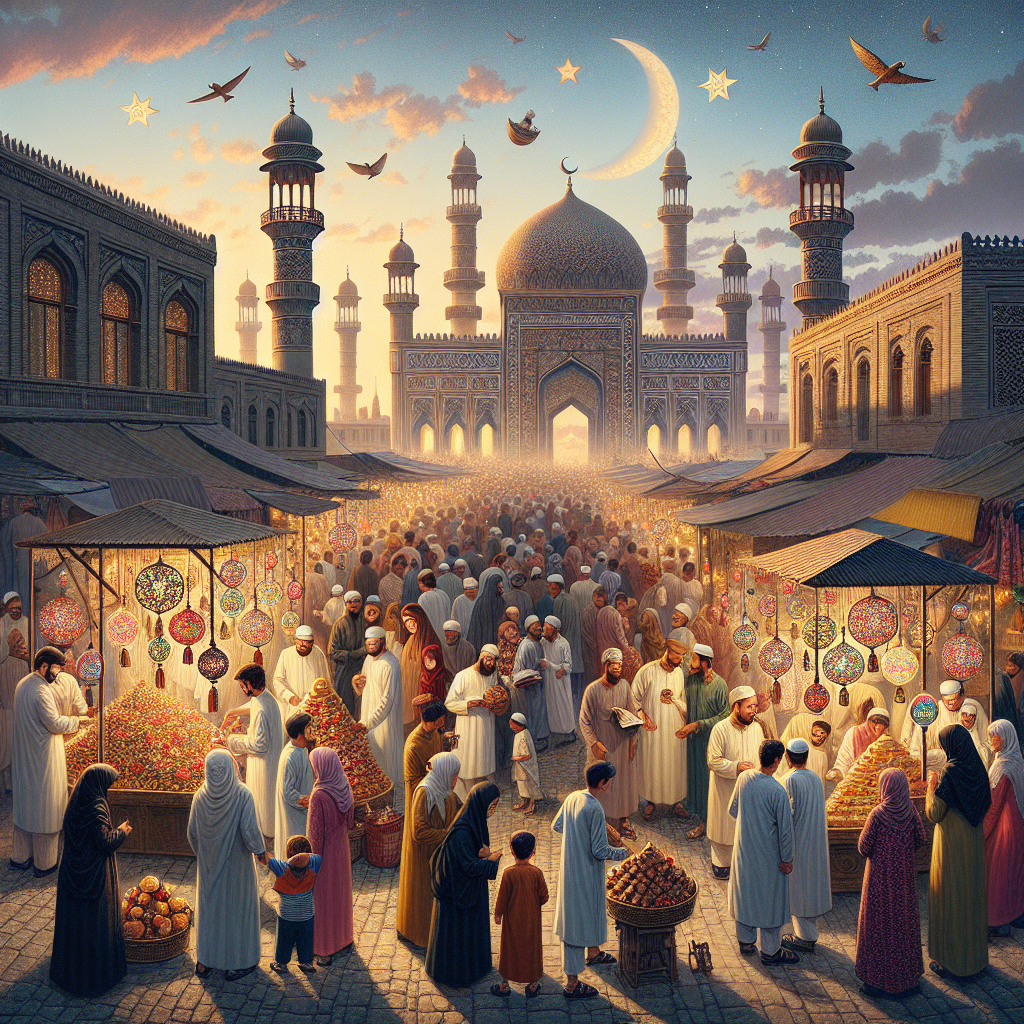Eid al-Adha: Economic Struggles Overshadow Celebrations
The Muslim holiday of Eid al-Adha faced subdued festivities due to economic hardships and reduced animal sacrifices. Despite increased sales in Jakarta's Jonggol Market, sellers faced challenges, with cattle sales dipping due to post-pandemic struggles and foot-and-mouth disease. A government holiday aims to boost family time and economic growth.

- Country:
- Indonesia
Eid al-Adha celebrations across the globe were marked by economic challenges and fewer animal sacrifices this year. In Jakarta, the vibrant Jonggol Cattle Market saw some activity, yet many sellers reported lower sales compared to pre-pandemic years. Economic factors and a foot-and-mouth disease outbreak have impacted the holiday trade significantly.
The pandemic and health crises have resulted in a decline in the number of livestock sold for sacrificial purposes. Rahmat Debleng, a cattle trader, highlighted that sales have plummeted, with less than half of his usual stock sold on the eve of the festival. Data confirmed a 57% drop in sacrificial animals available compared to last year.
Despite the economic downturn, the government declared an additional holiday to promote family gatherings and stimulate economic activity. With household consumption driving Indonesia's GDP significantly, analysts are cautiously optimistic, although consumer spending may remain subdued into 2025.
(With inputs from agencies.)










